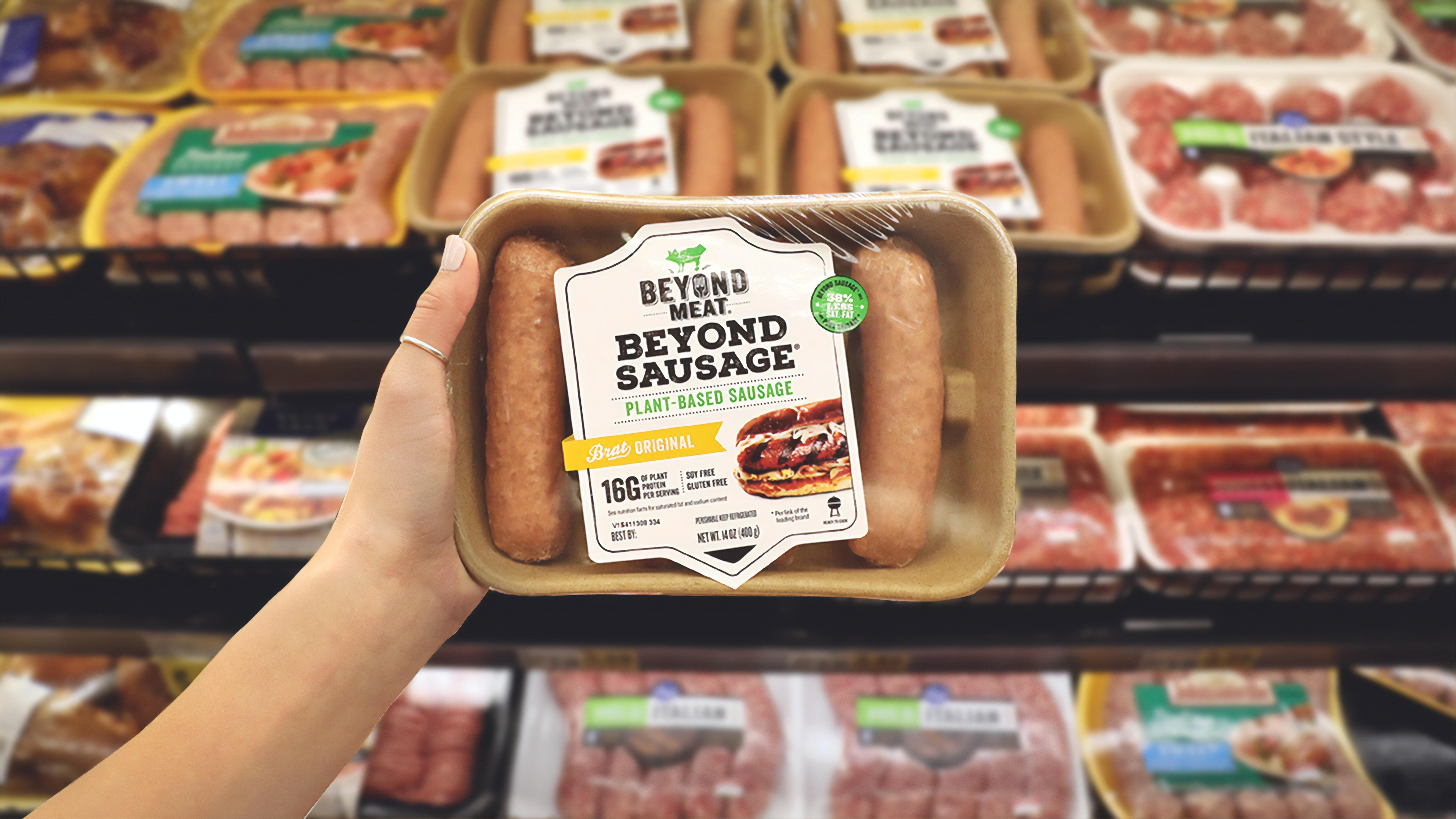

The reality of where the industry is headed is probably somewhere between imminent demise and world takeover: Jennifer Bartashus, a food industry analyst with Bloomberg Intelligence, predicts plant-based meat sales will grow by a modest 1-2 percent in the second half of 2023. Taking a longer view, it’s notable that the industry managed to nearly double US sales from mid-2017 to 2020 (it grew even faster globally). Beyond and Impossible burgers only became widely accessible a few years ago. While the sector is falling short of investor expectations, I think it’s far too soon to write its obituary. The trend reversal caused Bloomberg to recently call plant-based meat “just another fad.” A number of regional tests of new menu items at fast food restaurants never got a national rollout, like McDonald’s McPlant burger or KFC’s Beyond Fried Chicken. Over the last two years, some traditional meat companies, like JBS and Maple Leaf Foods, have cut back on their US plant-based meat production. The plant-based stagnation isn’t a surprise to anyone who has been following the industry. The slowdown can be explained in part as a correction to the rapid growth the sector experienced during the pandemic, as consumers panic-bought groceries and tried out novel products. The sales analysis, which was commissioned by the Plant Based Foods Association and the Good Food Institute - the two leading organizations that advocate for plant-based meat and dairy - also found that unit sales of plant-based meat, or the number of products sold (as opposed to total sales in dollars), declined by 8 percent.Ĭonventional meat had a better year, with sales up 8 percent and a 4 percent dip in units sold, according to another analysis. Recently published sales data found that meatless meat sales in grocery stores declined by 1 percent in 2022, after zero growth in 2021, putting a yearslong ascent into question. The meteoric growth couldn’t last forever. In 2019, Beyond Meat had the most successful stock market debut of any company since the 2008 financial crisis, and later that year, the Impossible Whopper landed on every Burger King menu in the country.īut the hype set up unrealistic expectations for just how big a bite animal-free meat could take out of the real meat market. Some of the world’s largest meat companies, like Tyson Foods and Smithfield Foods, hitched their star to the meat-free wagon too, launching their own products. Investors poured billions of dollars into hundreds of startups’ coffers to help them create the next best imitation. Sales growth for cow–free burger patties and meatless sausages soared 18 percent in 2019, and 45 percent in 2020. A few years ago, plant-based meat seemed poised to take over the center of the American plate.


 0 kommentar(er)
0 kommentar(er)
